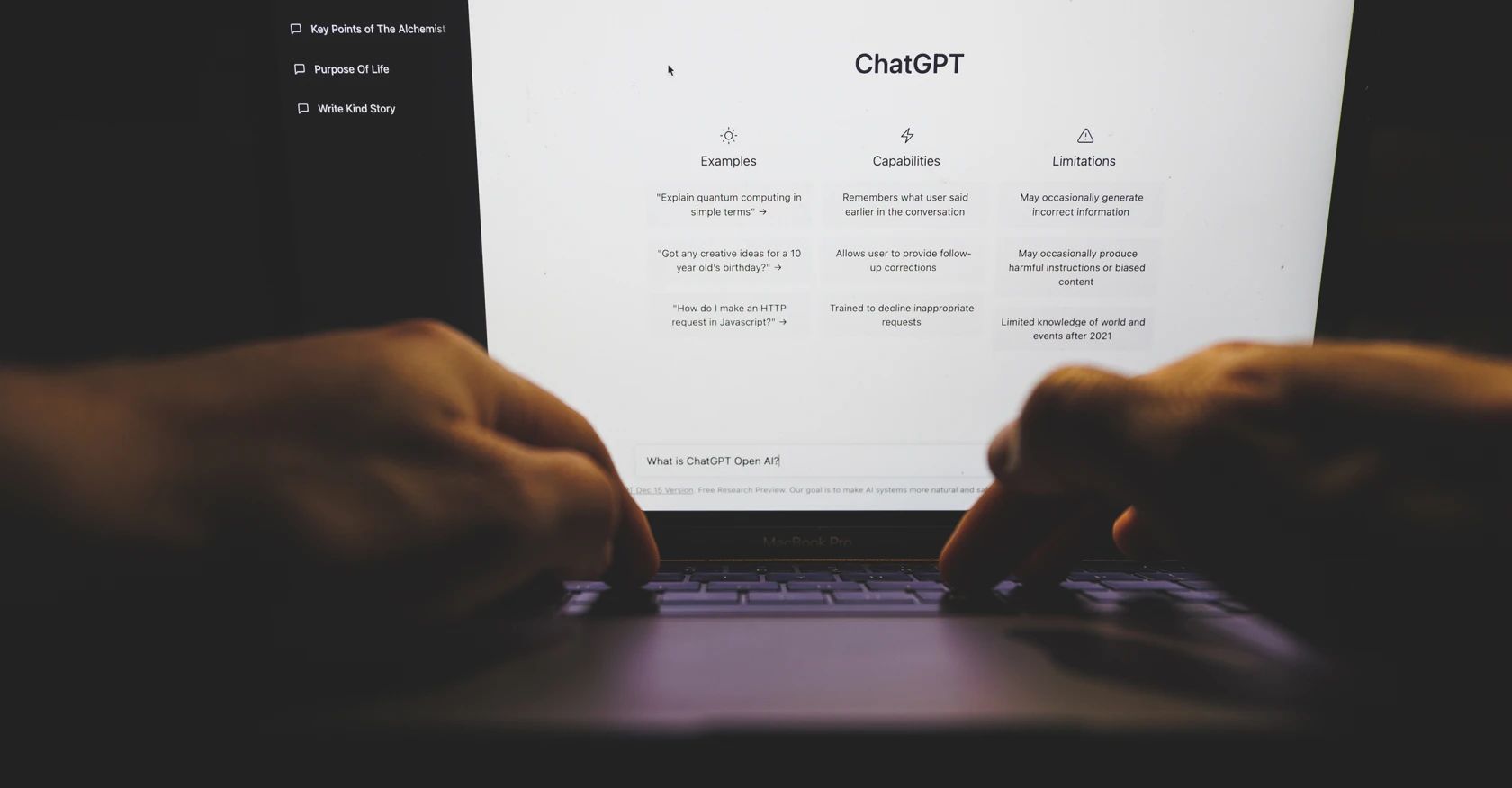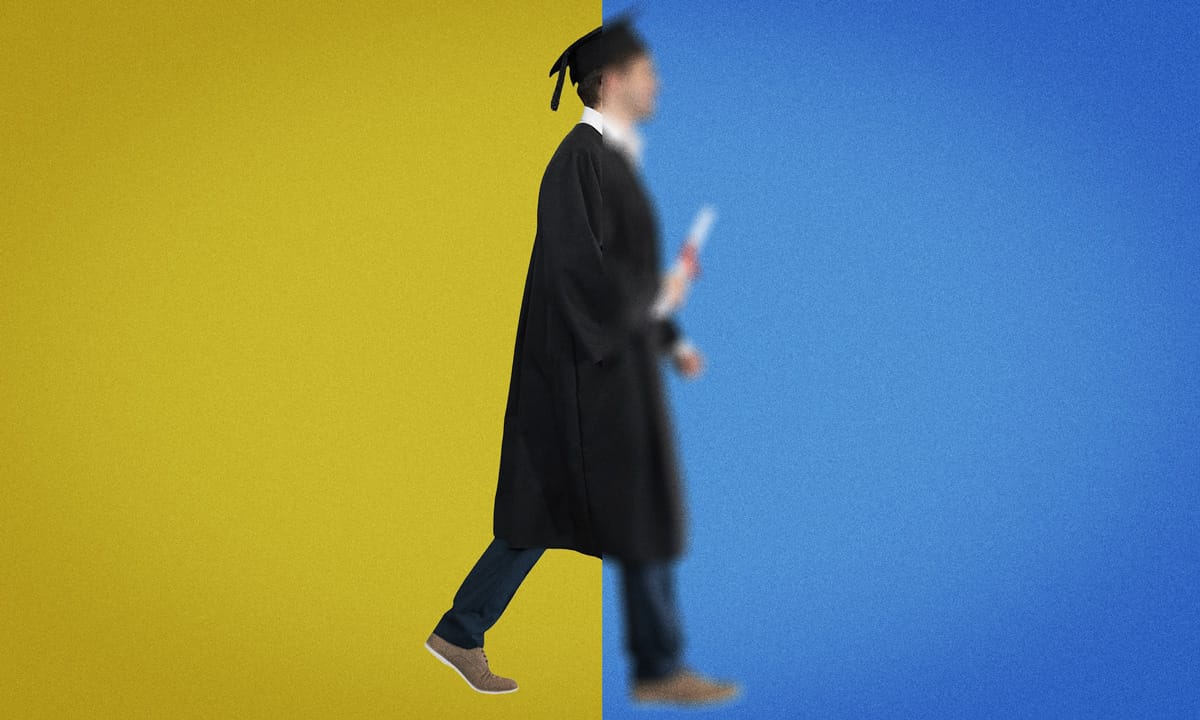- Playground Post
- Posts
- 🛝 Missouri Bans Cellphones, Students Fear AI, They Feel Unprepared
🛝 Missouri Bans Cellphones, Students Fear AI, They Feel Unprepared
What do these mean for educators
Welcome to Playground Post, a bi-weekly newsletter that keeps education innovators ahead of what's next.
Here's what we have on deck for today…
Missouri Just Required Every School District to Ban Cellphones
Students Are Asking: "Why Learn If AI Will Take My Job Anyway?"
Nearly Half of Students Say School Hasn't Prepared Them for Real Life
Missouri Just Required Every School District to Ban Cellphones. Here's Why That's a $2 Billion Opportunity

Starting this fall, every K-12 district in Missouri must have a written policy restricting student cellphone use during the entire school day.
No phones during class, lunch, or even between classes.
The move comes after research confirmed what teachers already knew: phones are the "number one" distraction challenge in schools. Over 70% of Missouri voters supported the ban, and other states are watching closely.
Districts can choose whether students store devices in designated areas or keep them (turned off) in backpacks.
Education innovators have a massive opening here. Districts need tools to track policy compliance, emergency communication systems that work within restrictions, and parent engagement platforms that don't rely on direct texting during school hours.
Students: "Why Learn If AI Will Take My Job Anyway?"

"Why am I learning AI if it's going to eventually take my job?" a high school student asked her English teacher at the end of this school year.
The teacher's response? "I don't know. I wonder the same thing about mine."
This brutal exchange, shared by Chicago Tribune columnist Liz Shulman, captures the existential crisis happening in classrooms right now. Schools in Texas and Arizona are already using AI to "teach" kids, with educators reduced to mere "guides" rather than subject-matter experts. Students openly admit they prefer AI tutors because "I can talk to AI in the middle of the night, but my teachers don't email me back until the next morning."
Meanwhile, Duolingo's CEO recently declared it's "more scalable to teach with AI than with teachers," suggesting schools will mainly exist for childcare.
For education innovators, this presents a critical opportunity: build AI tools that enhance human thinking rather than replace it. The winning solutions won't be the ones that do students' homework for them. They'll be the ones that help students become better thinkers, writers, and problem-solvers themselves.
Nearly Half of Students Say School Hasn't Prepared Them for Real Life

A massive new survey of 690,000 teenagers across 80+ countries just delivered some brutal news: 49% of students agree that "school has done little to prepare them for adult life."
Additionally, four out of 10 students are completely unclear about their career expectations—double the rate from just a decade ago. When they do have career goals, they're laser-focused on about 10 well-known jobs like teaching, psychology, and sports, ignoring thousands of in-demand careers they've never heard of.
Here's the kicker: Most students never actually meet working professionals. Only 35% attend job fairs, and just 45% visit a workplace during their entire high school experience. In the U.S., roughly 1 in 5 students report speaking to a career adviser outside of school, which is the fifth-lowest rate among surveyed countries.
The data showcases the need for platforms that connect students with real professionals, virtual workplace experiences, and programs that start career exploration in middle school.
We'll be back with another edition on Tuesday. See you then!
To stay up-to-date on all things education innovation, visit us at playgroundpost.com.
What did you think of today’s edition? |